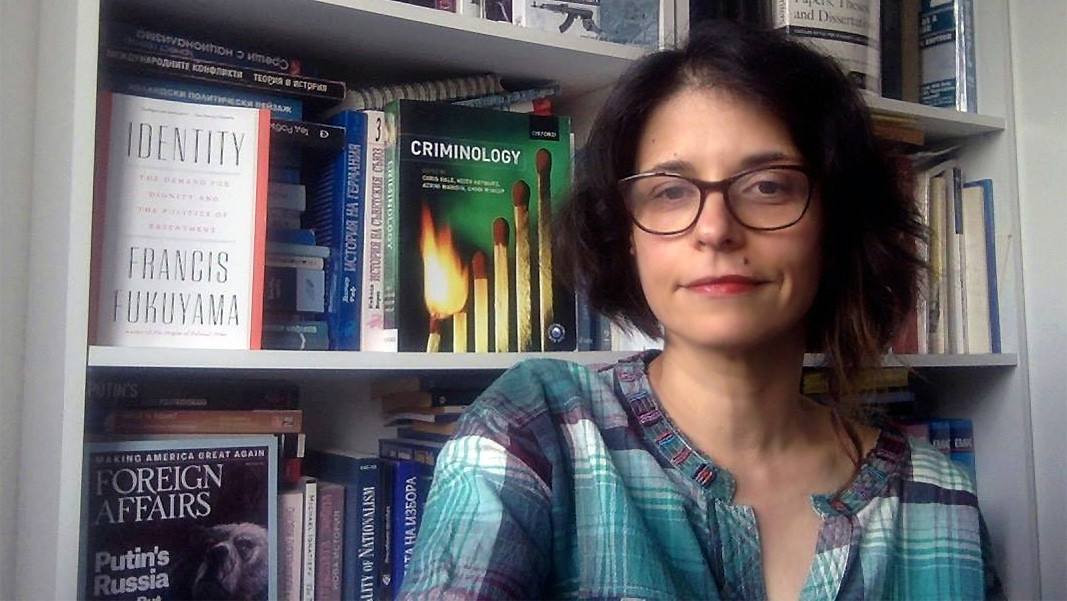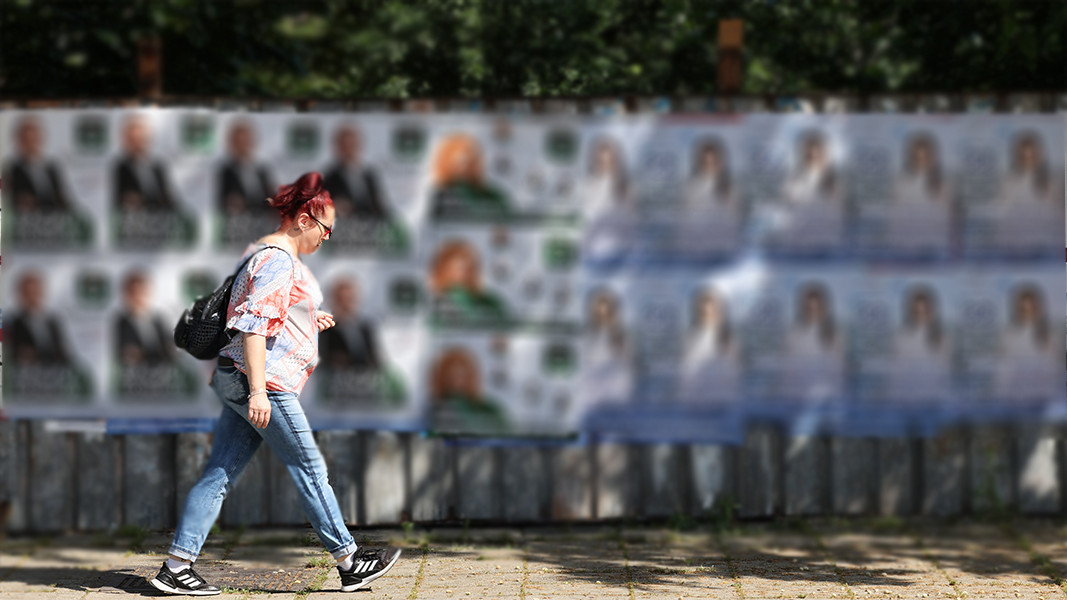"If we had to make a comparison between Bulgaria and the Netherlands, both countries fell into a difficult situation related to the impossibility of forming a government in the past year. It was necessary to resort to extremely difficult-to-form coalitions, and this surely affects the current vote,” says political scientist and former colleague from Radio Bulgaria Hristina Karageorgieva, who has been living in the Netherlands for many years. We contacted her at the start of today's election day to comment on the topics that did and did not find a place in the campaign of the candidates for power.

According to Karageorgieva, more and more voters in this country and in the EU are resorting to protest vote, as one of the reasons is the accumulation of a series of crises - economic, health, political, etc. These upheavals revealed the difficulties of member states to cooperate and to solve society's problems in a fast and efficient way. "This gave many of the populist parties the opportunity to compete for the citizens' protest vote, sometimes too successfully," Hristina Karageorgieva says and adds:
"The perception that Europe is something external has existed in Bulgaria for years and Brussels is often perceived as some kind of "Big Brother", or as an analogue of Brezhnev - the chairman of the Supreme Council of the USSR, who imposes on us decisions from somewhere far away that we obey. This greatly undermines the confidence of the Bulgarian voter and people who feel abandoned by the political class in the past 20 years. We've seen the rise of populist parties in recent years. We're seeing something very similar all over Europe. The liberal parties, which have been doing well until recently, will actually be the biggest losers in these European elections."
The traditionally low voter turnout, especially in the European Parliament elections, is a worrying sign for our entire political system, Karageorgieva says. This trend shows the inability of politicians to organize a public debate about Bulgaria's place in the EU. Many Bulgarians do not want to vote because they are apathetic or angry with the system.

"A big surprise can come from them, because in the last moment they can decide to vote mostly for parties with a negative and protest vote. On the other hand, we have the pro-European voters. They perceive the EU as one big family, in which decisions are made by consensus based on shared European values. However, these people have been more or less confused by the domestic political developments of the past two years, including the inability of our political system to create a uniform government, so we can expect surprises from them as well "
The current elections are very important as the future of the EU is now in question, Hristina Karageorgieva from the Netherlands also says.
Author: Veneta Nikolova
Publication in English: Al. Markov
Photos: Pixabay, EPA/BGNES, personal archive
The latest in the string of snap elections for parliament is over but, except for a slight rise in voter turnout compared to the election in June this year, it is still hard to say what the political configurations might be that could lead to the..
There are 23 polling stations where Bulgarians can vote in Greece today. They are five less than their number in the previous election on June 9 this year. The most sections – five – were opened on the island of Crete . They are located in..
Completely calm and normal, according to the law, the election day is taking place in the only open polling station in Kuwait. The Bulgarian community in the Arab country numbers about 300-350 people , mostly highly educated specialists in the fields..
The members of parliament will continue their session at 10 AM on November 22, following yet another unsuccessful attempt to elect a Speaker of the..

+359 2 9336 661
